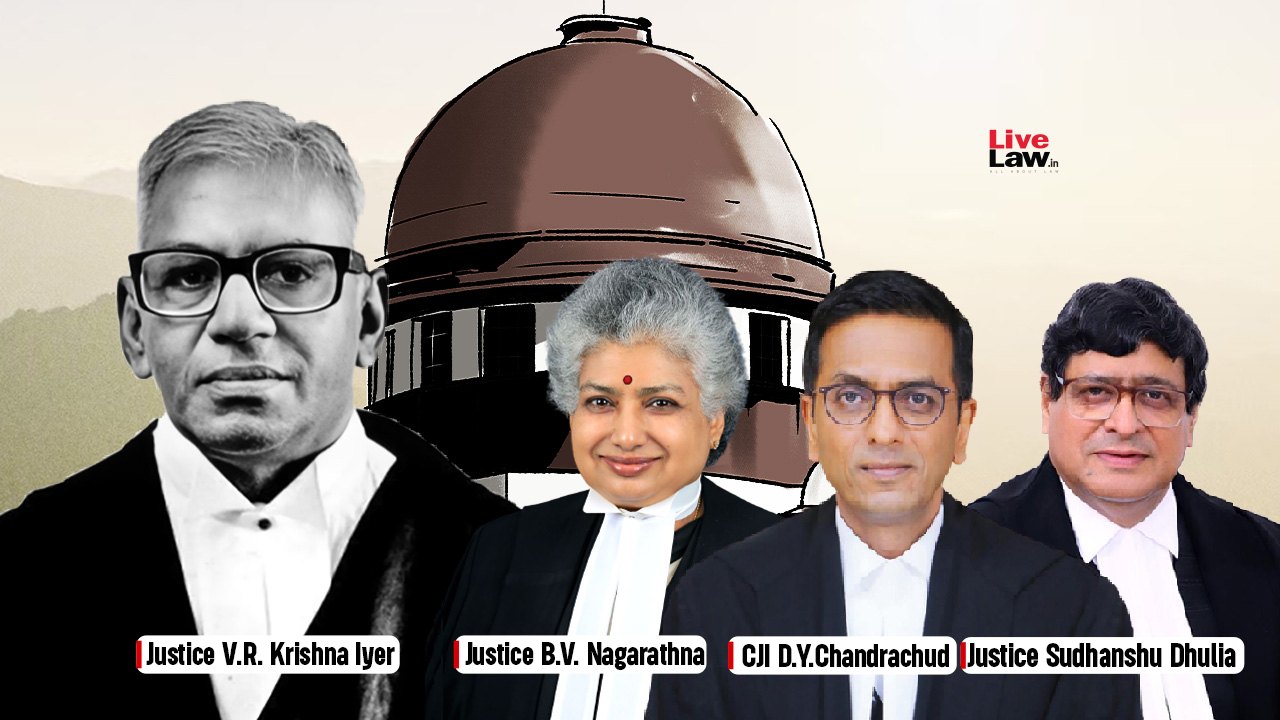 |
|
A recent judgment by the Supreme Court of India regarding the scope of Article 39(b) of the Constitution has sparked debate and dissent within the judiciary. At the heart of the controversy are remarks made by Chief Justice of India (CJI) D.Y. Chandrachud, criticizing the interpretation of Article 39(b) offered by Justice V.R. Krishna Iyer in a 1978 case. This interpretation, often referred to as the "Krishna Iyer Doctrine", posits that private property falls within the "material resources of the community" that the State is obligated to distribute for the common good.
CJI Chandrachud, writing the majority opinion, disagreed with Justice Krishna Iyer's view, finding it to be a "doctrinal error" based on a "rigid economic theory" advocating for excessive state control. He asserted that this interpretation would undermine the "fabric and principles" of the Indian Constitution. However, two of the nine judges on the bench, Justices B.V. Nagarathna and Sudhanshu Dhulia, objected strongly to the CJI's critique of Justice Krishna Iyer. Justice Nagarathna deemed the CJI's comments "unwarranted and unjustified", while Justice Dhulia described them as "harsh", suggesting they could have been avoided.
Justice Nagarathna elaborated on her disagreement, expressing concern over the tendency of later judges to judge past decisions based on shifts in economic policies. She argued that merely because the country has moved towards globalization and privatization since the 1991 reforms, it is not justifiable to label previous judges as having "done a disservice to the Constitution". She emphasized that the Supreme Court of India is an institution greater than individual judges and that past decisions should be evaluated within the context of the prevailing social and economic realities at the time they were made. Justice Dhulia echoed similar sentiments, defending the "Krishna Iyer Doctrine" as rooted in humanist principles of fairness and equity. He emphasized the doctrine's contribution to upholding justice in difficult times and highlighted its emphasis on human empathy as a central tenet of judicial philosophy.
